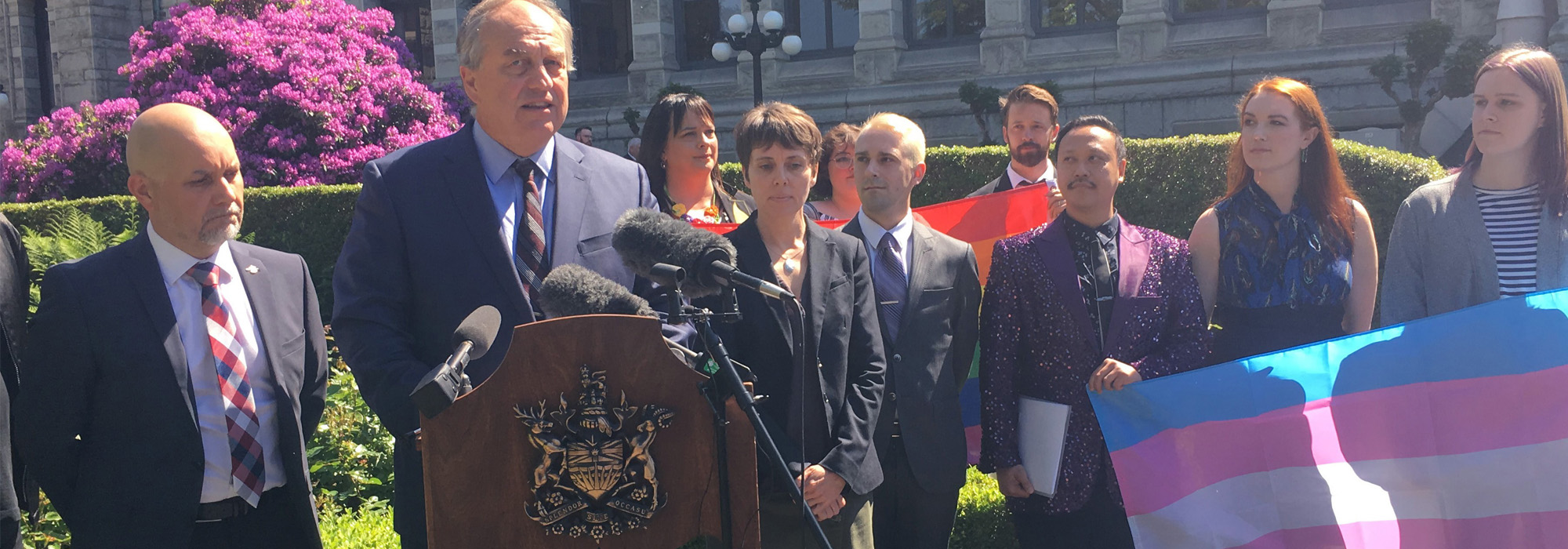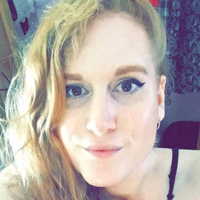
In recent years, conversion therapy has become a topic of legislative attention. In 2015, Ontario prohibited these practices, which aim to change youth’s gender identity or sexual orientation. Nova Scotia followed suit in 2018. Today, many other provinces are considering prohibiting conversion therapies. Even the federal government, after initially rejecting a petition to ban these worrisome practices, is now considering legislative action.
The contemporary political interest in conversion therapy is most welcome. Although we do not know how many people have undergone or will undergo conversion therapy, we know that the number is significant. In the United States, UCLA’s Williams Institute estimated in 2018 that 698,000 LGBT adults have undergone conversion therapy, and that 77,000 LGBT teenagers will receive it before adulthood. If rates are remotely comparable in Canada, we are looking at practices that impact thousands upon thousands of people.
Though prohibiting conversion therapy is certainly good, not all bans are created equal. Most bans, including Ontario and Nova Scotia’s, are relatively succinct. The core provisions consist of only a few sentences. For instance, the Ontario law bans “any treatment that seeks to change the sexual orientation or gender identity” of a minor. Then it clarifies that the prohibition doesn’t cover “sex-reassignment surgery or any services related to sex-reassignment surgery” or “services that provide acceptance, support or understanding of a person or the facilitation of a person’s coping, social support or identity exploration or development.”
While conciseness is often a virtue, these short laws are difficult to interpret accurately without extensive knowledge of statutory interpretation and mental health care for LGBTQIA2S+ populations. Is it “changing” gender identity or sexual orientation if a person is questioning and we push them toward being cisgender and/or heterosexual? What if we try to steer children away from growing up queer or trans by discouraging gender nonconformity, trying to make youth assigned male at birth less feminine and those assigned female at birth less masculine? Historically, one of the main approaches in conversion therapy was to “cure” people its practitioners called “sissy boys.”
My research confirms that Ontario’s and Nova Scotia’s laws do, in fact, prohibit practices seeking to prevent youth from growing up trans or queer. Yet this isn’t immediately clear from the texts. This ambiguity helps conversion therapy practitioners convince themselves that they’re not actually violating any ethical norm. In more scientific terms, “categorization malleability” enables the maintenance of a positive self-concept.
The primary goal of bans should be deterring behaviour rather than providing for sanctions once the harm has already been done. Enforcement after the fact cannot undo harm.
We’ve seen this ambiguity play out in the context of conversion therapy bans. In 2015, the Centre for Addiction and Mental Health in Toronto closed its Gender Identity Clinic for Children and Youth amid allegations that it engaged in conversion therapy. In response to these accusations, the head of the clinic stated that he did not believe Bill 77 prohibited its approach. Regardless of whether this clinic’s approach was indeed prohibited — and I believe it is, based on my extensive work on the issue — this divergence of interpretations highlights the limitations of existing laws. For all the good that Ontario’s and Nova Scotia’s laws have done and will do, there is room for improvement.
The primary goal of bans should be deterring behaviour rather than providing for sanctions once the harm has already been done. Enforcement after the fact cannot undo harm.
If we wish to stop the use of conversion therapies, practitioners need to know whether their practices are permitted or prohibited. Laypersons and nonspecialists also need clarity so they can hold contravening practitioners to account. We need parents to know whether their children are being subjected to unethical and illegal practices, as practitioners often exploit parents’ vulnerability and ignorance to get their consent.
I have recently drafted a model law to meet these objectives. It draws on my experience working on conversion therapy bans and on therapeutic ethics in care for trans youth. The model is detailed; the operative provisions are nearly four times the length of Ontario’s and Nova Scotia’s laws. In addition to defining terms such as “gender identity” and “sexual orientation” — common points of friction for conversion therapy bans — it extensively lists both prohibited and permitted practices. For the benefit of policy-makers and subsequent interpreters, the model law is also supplemented by 30 pages of explanatory notes, clarifying the raison d’être of each section and placing them all in their scientific context.
Our laws must be as plain and thorough as possible, and nowhere is this truer than for issues like conversion therapy that strike at the very core of who we are. No one should be taught not to be themselves. No one should be taught that “something about me at my core was bad.”
Whether governments opt to use my model law or draft their bills anew, it is essential for the laws they promulgate to be infused with a pedagogical and deterrent spirit. I hope the federal and provincial governments will heed my call and not only ban conversion therapy but ban it as clearly and meticulously as possible.
Photo: BC Green Leader Andrew Weaver, flanked by his two caucus members Adam Olsen and Sonia Furstenau, and members of LGBTQ community, attend a news conference at the legislature in Victoria, Monday, May 27, 2019, to announce the Greens’ intention to introduce legislation that bans conversion therapy. The Canadian Press, by Dirk Meissner.
Do you have something to say about the article you just read? Be part of the Policy Options discussion, and send in your own submission. Here is a link on how to do it. | Souhaitez-vous réagir à cet article ? Joignez-vous aux débats d’Options politiques et soumettez-nous votre texte en suivant ces directives.









